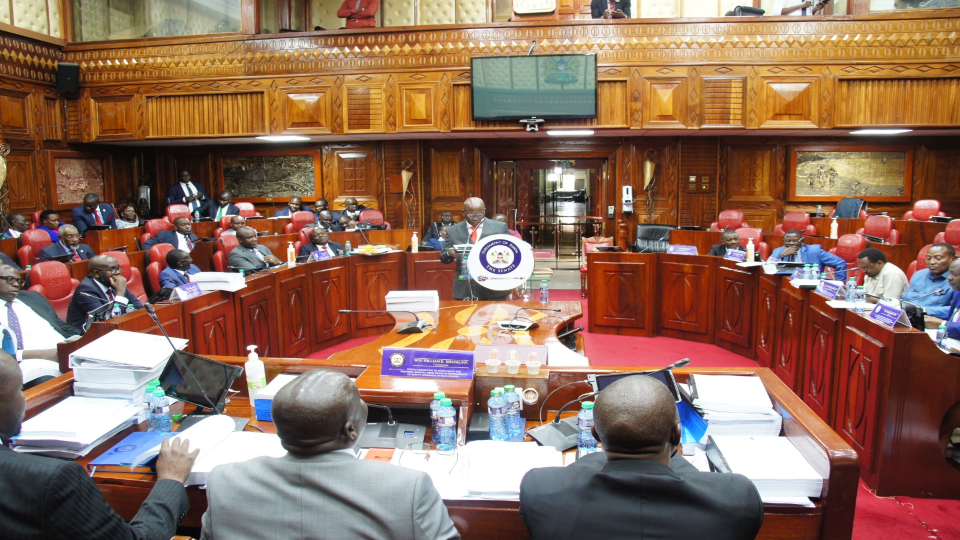Senate Moves to Define Deputy Governors’ Roles to End County Power Struggles
The Senate has taken a significant step toward resolving persistent conflicts between county governors and their deputies by proposing amendments to the County Governments Act. The changes aim to clearly define the roles and responsibilities of deputy governors, ensuring they contribute meaningfully to county governance and reducing office wrangles that have undermined effective administration.
The Senate Devolution and Intergovernmental Relations Committee, chaired by Wajir Senator Mohamed Abass, is spearheading the initiative. The committee’s report highlights the need to amend the County Governments Act, Cap 265, to impose a mandatory requirement on governors to assign specific responsibilities to their deputies. This move is intended to address the inconsistencies and disputes that have plagued county administrations across Kenya.
Currently, Section 32(3) of the Act states that a governor may assign the deputy governor any responsibility or portfolio as a member of the county executive committee. However, the permissive wording of this provision has led to varied practices. Some governors delegate substantial portfolios to their deputies, while others leave them without any duties, resulting in underutilization of qualified personnel and inefficient use of public resources.
The lack of a legal obligation has fueled tensions in several counties, with some deputy governors relegated to ceremonial roles or left idle entirely. The committee noted that this ambiguity has contributed to poor governance and wasted public funds, as deputy governors, who are financed by taxpayers, often earn significant salaries without corresponding responsibilities.
The proposed amendments aim to make it mandatory for governors to assign specific roles to their deputies, ensuring accountability and optimal use of public resources. The committee emphasized that the public has increasingly raised concerns over the payment of salaries and allowances to largely inactive deputies, describing it as wasteful and a contributor to the bloated wage bill.
The push for these changes originated from a petition by Japheth Makokha, Executive Director of Tripple The Impact CBO. Makokha urged Parliament to amend the Act to require governors to assign clear roles to their deputies, arguing that the current permissive framework allows governors to sideline their deputies, often due to fears that capable deputies could outshine them in governance and service delivery. This, he noted, comes at the expense of citizens who rely on effective county leadership for development and efficient service delivery.
The Senate’s focus on this issue has been intensified by high-profile conflicts between governors and their deputies, such as those involving Siaya’s William Oduol, Kisii’s Robert Monda, and the earlier impeachment of former Machakos Deputy Governor Bernard Kiala. These disputes have often stemmed from the unclear legal framework governing deputy governors’ roles, leading to power struggles that disrupt county operations.
The committee also addressed potential challenges with the proposed changes. While assigning a County Executive Committee (CEC) portfolio to a deputy governor has worked in some counties, making it compulsory could create accountability issues, particularly when deputies are required to act as governors under Article 179(5) of the Constitution. To mitigate this, the amendments aim to strike a balance, ensuring deputies have defined roles without compromising their ability to step into the governor’s position when needed.
The Senate’s move has been welcomed by stakeholders who see it as a step toward strengthening county governance and ensuring that deputy governors are not sidelined. By mandating specific responsibilities, the amendments are expected to foster collaboration between governors and their deputies, reduce conflicts, and enhance service delivery for the benefit of citizens.
As the Senate continues to deliberate on these changes, the proposed amendments signal a commitment to addressing long-standing governance challenges in Kenya’s devolved system. If passed, the revised County Governments Act could set a new standard for county leadership, ensuring that deputy governors play a more active and defined role in driving development and serving the public


